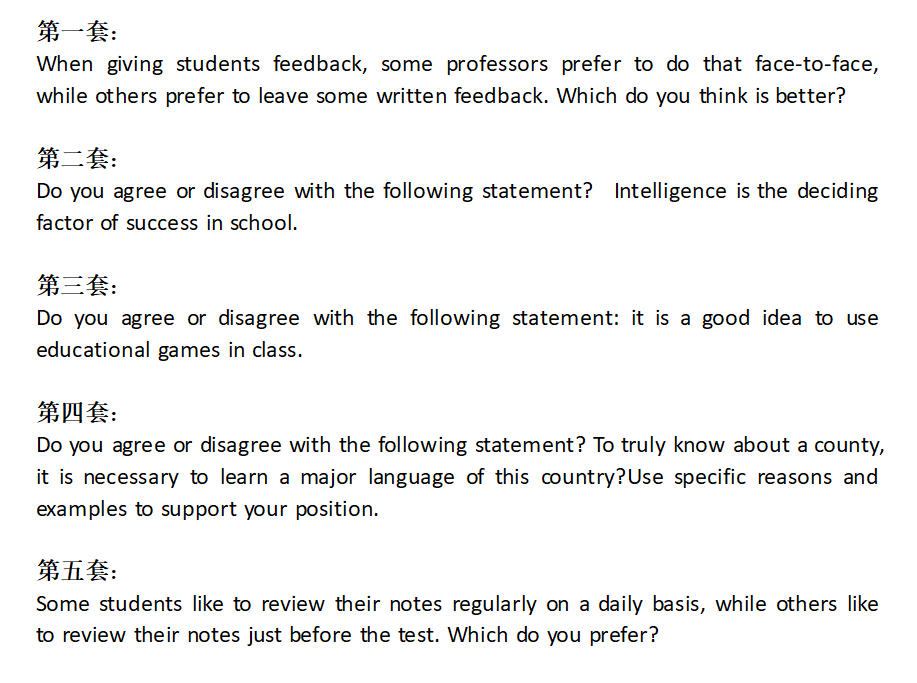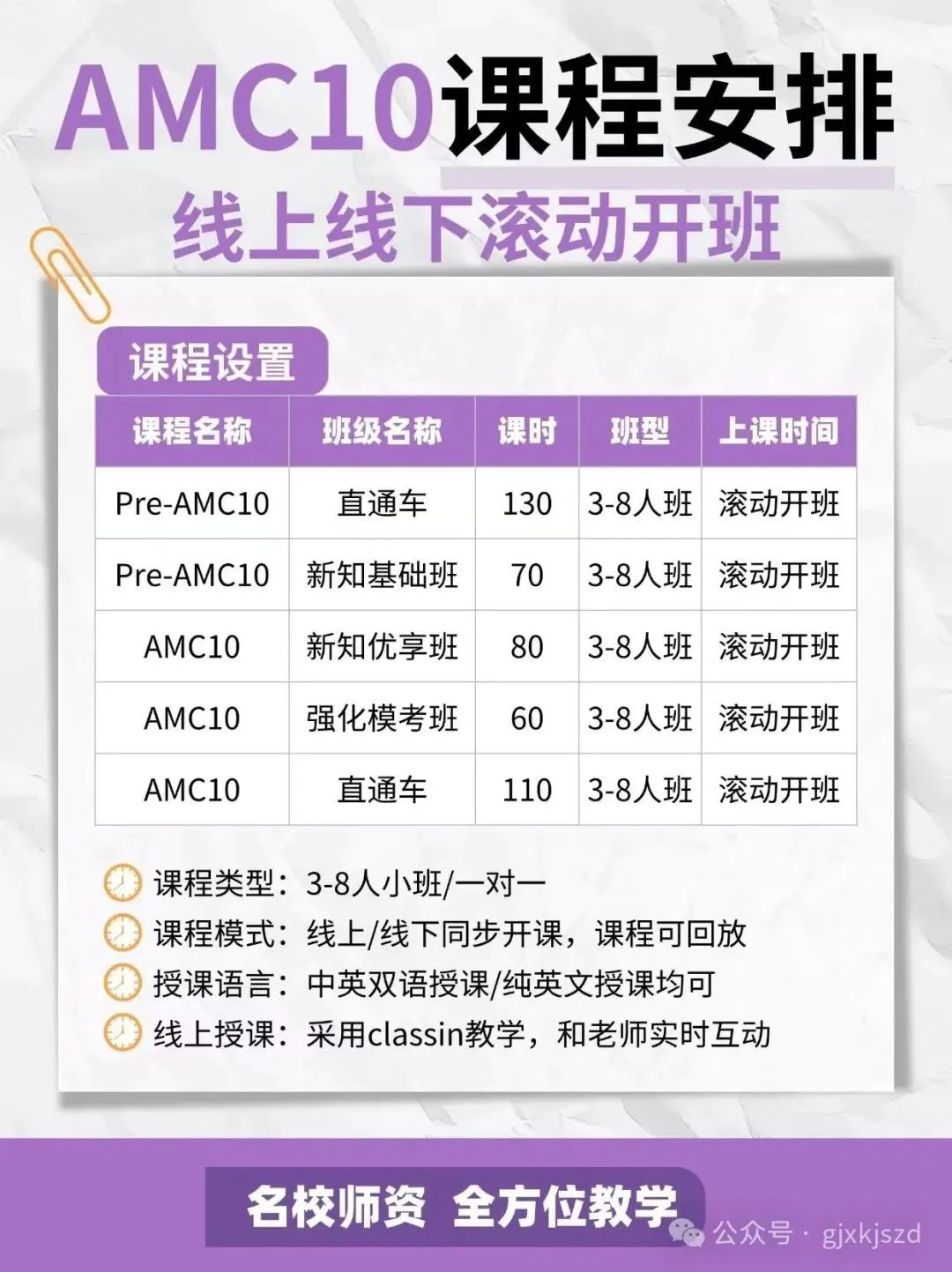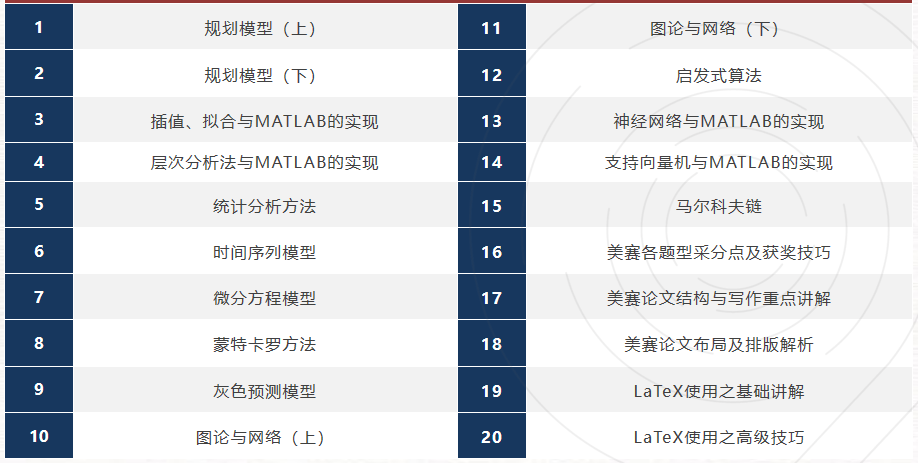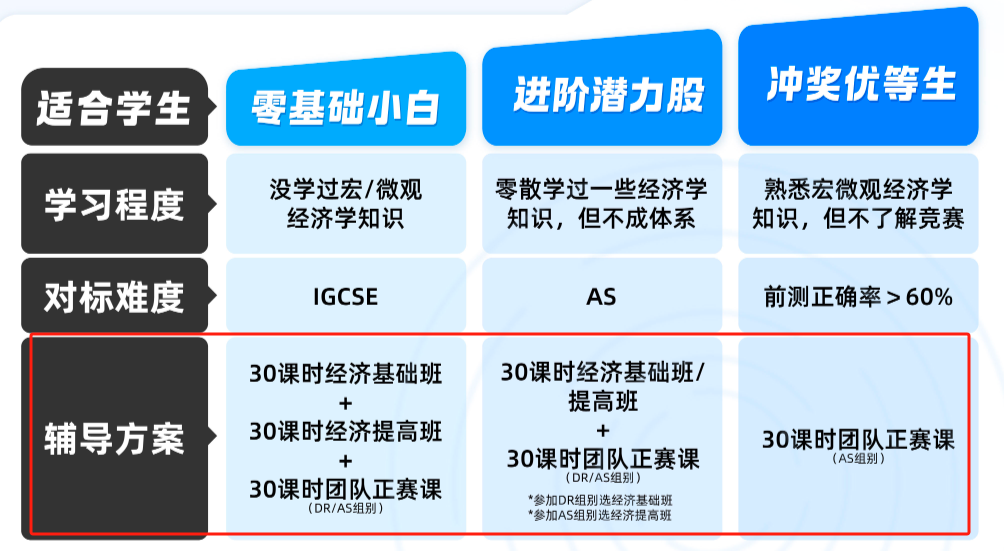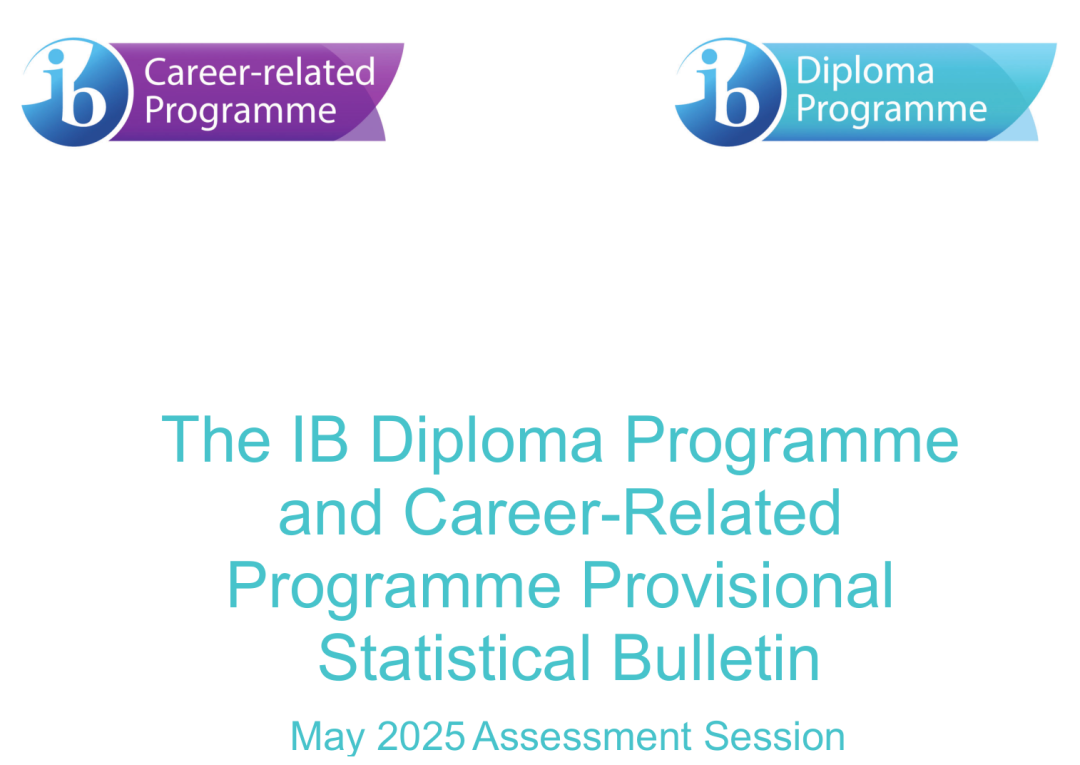随着AI浪潮与绿色能源革命席卷全球,Engineering(工程)成为新时代的“全能学科”。但别急着选择——工程并不是一个专业,而是一个庞大的学科家族。
今天这篇文章不仅帮你区分英国大学主流的工程专业,还结合Machine Design平台对美国工程教育的深度分析,给你技能+课程+就业能力的全维度拆解。
为什么“工程”不是一个专业?
“Engineering”作为核心的专业“门类”,包含了机械、电气、土木、化学、计算机、生物医学等多条“技能路径”。一位从事AI芯片设计的计算机工程师和一位参与桥梁结构计算的土木工程师,虽然都叫“Engineer”,但日常工作天差地别。
各工程专业所需核心技能图谱
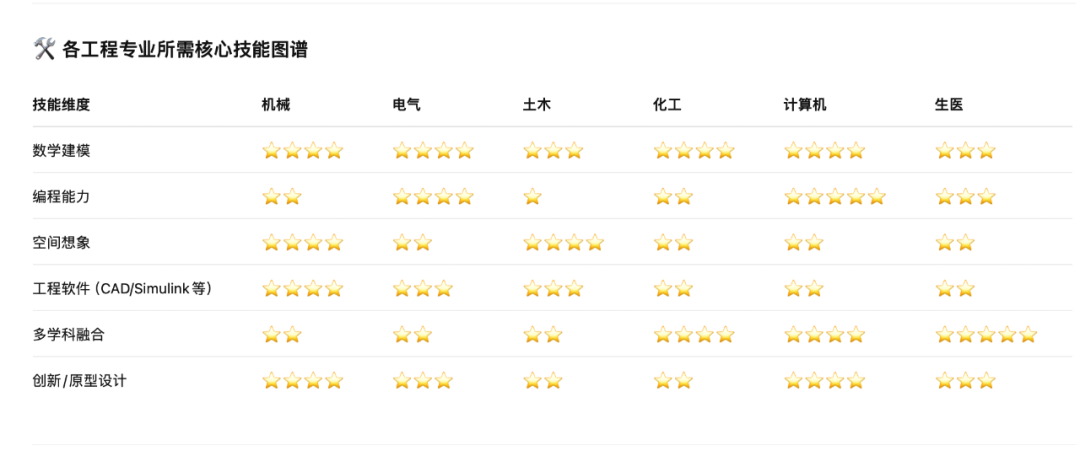
每个专业的英国代表院校 + 热门课程模块
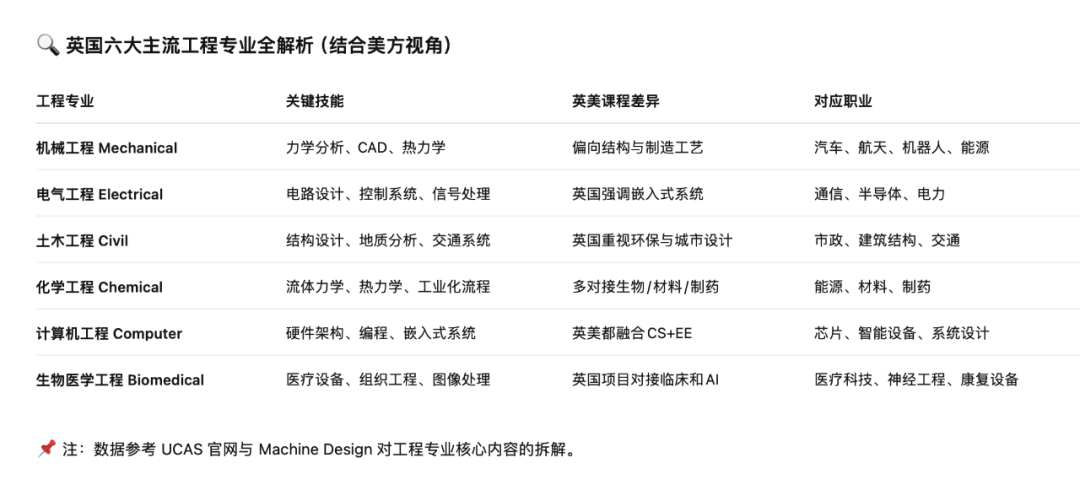
1.Mechanical Engineering 机械工程
代表院校:帝国理工、剑桥、曼彻斯特
课程模块:
Engineering Mechanics
Thermodynamics & Fluid Dynamics
Design & Manufacture Lab
2.Electrical and Electronic Engineering 电气与电子
代表院校:南安普顿、UCL、布里斯托
课程模块:
Analog & Digital Circuits
Control Systems
Embedded Systems with FPGA
电子工程侧重于小型电子系统和器件,如芯片、电路、通信系统等,强调信号处理与信息传输;电气工程则关注大型电力系统,如发电、输电与电机控制,强调能量转换与高电压应用。两者在规模与应用领域上有所不同。
3.Civil Engineering 土木工程
代表院校:谢菲尔德、爱丁堡、诺丁汉
课程模块:
Structural Analysis
Transportation Engineering
Geotechnical Engineering
4.Chemical Engineering 化学工程
代表院校:剑桥、帝国理工、曼彻斯特
课程模块:
Chemical Thermodynamics
Process Design
Bioreactor Engineering
5.Computer Engineering 计算机工程
代表院校:爱丁堡、帝国理工、布里斯托
课程模块:
Computer Architecture
Operating Systems
System-on-Chip Design
6.Biomedical Engineering 生物医学工程
代表院校:UCL、帝国理工、谢菲尔德
课程模块:
Medical Imaging
Biomechanics
Neuroengineering
工程类专业毕业后的就业能力地图
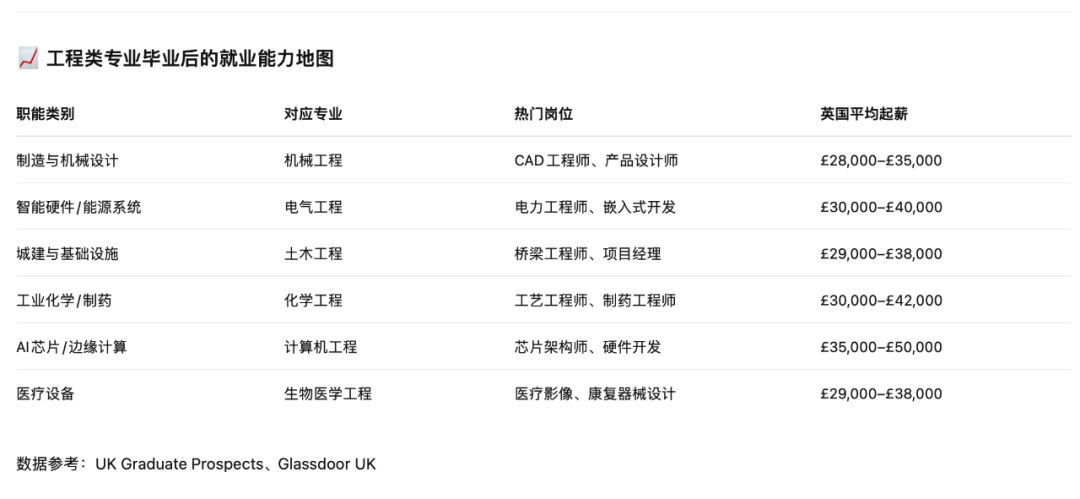
英美工程教育差异小贴士
| 维度 | 英国 Engineering | 美国 Engineering |
|---|---|---|
| 学制 | 3年BEng / 4年MEng | 4年BS / 常读硕 |
| 教学风格 | 实践+项目驱动 | 理论+实验并重 |
| 学术压力 | 高,评估严格 | 更注重弹性 |
| 申请要求 | UCAS+PS+A-level成绩 | Common App+推荐信+SAT/ACT |
选专业前你要思考的3个核心问题
工程专业虽然薪资优渥,但也并非适合所有人。在决定选择工程前可以深度考虑3个核心问题。
你擅长哪种思维方式?
空间+动手(机械、土木)?
抽象+逻辑(电子、计算机)?
融合+跨学科(生医、化工)?
你希望未来在哪个行业工作?
科技/AI → 电气/计算机
医疗/健康 → 生物医工
能源/材料 → 化工
建筑/基础设施 → 土木
你能接受哪些课程挑战?
喜欢物理但不爱化学 → 机械、电气
擅长化学又关注未来行业 → 化工、生医
我们截图了外网对于工程专业的精彩评论,让大家更深刻的了解工程专业。
Comment 1
I’m an engineer with 29 years of industry experience and I can tell you that it’s not nearly as important which discipline you study, as it is that you understand the material and finish the degree.There is a surprising amount of overlap between disciplines and a surprising amount of inter-disciplinary opportunity.I probably wouldn’t put computer science on this list. My experience is that it’s a lot more realistic for any of the other engineering disciplines to transition into computer related jobs than it is to move in the other direction. It’s an entirely different base training and skill set. Just my 2 cents.The thing with engineering (and math) is you have to actually understand it. In the humanities you can fake it and still get a decent grade. You can’t do that in engineering.
我是一名拥有29年行业经验的工程师。我可以告诉你,选择哪个工程方向其实没那么重要,关键是你是否真正理解了知识并完成了学位。
不同工程学科之间存在大量的交叉,也有很多跨学科的机会。
我个人认为不应该把“计算机科学”列为工程专业之一。根据我的经验,其他任何工程领域的人转向计算机相关岗位都比较现实,但反过来却很难。因为那是完全不同的训练体系和技能基础。仅代表我的一点看法。
工程(和数学)的特点是——你必须真正理解它。在人文学科里,你可能还能“装一装”混个不错的成绩,但在工程里是行不通的。
Comment 2
Licensed civil/structural engineer. Graduated 1980, now retired. Found educational course work challenging, not overwhelming.Received a joint BS in civil and electrical, went on to master’s work in Structural Engineering. Participated in hundreds of engineering projects, big and small.42 year Career included 20 years in public service. Led dozens of projects. Worked alongside the best and brightest. Helped develop many engineers, supported many others.Followed first principles. Most difficult was learning to know what I did not know. Not done learning to this day.The profession provides as much as one puts back into it.All said and done a good life.Find the need to rank difficulty and compete and strive for salary distracting.Do your work, dedicate some of your free time to intellectual self-improvement, care for your family first, give back as much as received, the rest takes care of itself.
我是一名持证的土木/结构工程师,1980年毕业,如今已退休。学生时期的课程确实有挑战性,但并不令人无法承受。
我获得了土木与电气工程的联合本科学位,随后攻读了结构工程方向的硕士。在我42年的职业生涯中,参与了数百个大大小小的工程项目。
其中20年在公共服务部门工作,领导了几十个项目,有幸与许多优秀工程师并肩工作,也帮助培养了不少年轻工程师。
我始终坚持“第一性原理”。最难的,其实是“学会承认自己不知道的事”。至今仍未停止学习。
这个行业回报你多少,取决于你投入多少。
总的来说,这是一个值得的人生。
我认为过分追求“难度排名”“薪资比较”其实是令人分心的。
做好本职工作,留些时间提升自我,关心家庭,尽你所能地回馈社会,其它的自然会水到渠成。
Comment 3
I tried mechanical engineering in the 70’s with very weak Maths from HS. That was a stupid decision but I shifted into Geophysics/Geology, ended up as a geophysical engineer in the Petroleum E&P industries for 45 years, matured to become petroleum engineer by self-studies!!OIL companies paid me very well for my experiences!!!! I am very wealthy today!!!But my honest advise to young people, if you want to become REAL ENGINEER, you must focus into your MATHS, ADVANCED MATHS, ENGINEERING MATHS, STEM is Maths, NOT TOYS!!!Many quit because they are afraid the difficulties of MATHS!!If you want good money you need GOOD MATHS in engineering & physics!!!There are NO FREE LUNCH!!!
翻译:
我在70年代尝试学机械工程,但我当时数学基础非常薄弱,这是一个错误决定。后来我转去了地球物理/地质方向,最终在石油勘探行业做了45年的地球物理工程师,并通过自学成为了石油工程师!
石油公司非常认可我的经验,薪资也非常丰厚!现在我过得非常富足!
但我真诚地给年轻人一个建议:如果你想成为真正的工程师,你必须重视数学,尤其是高等数学和工程数学。STEM的本质就是数学,不是玩具!
很多人放弃,是因为他们害怕数学的难度。
如果你想挣大钱,你必须掌握好的数学能力,尤其是在工程和物理领域!
这个世界没有免费的午餐!








